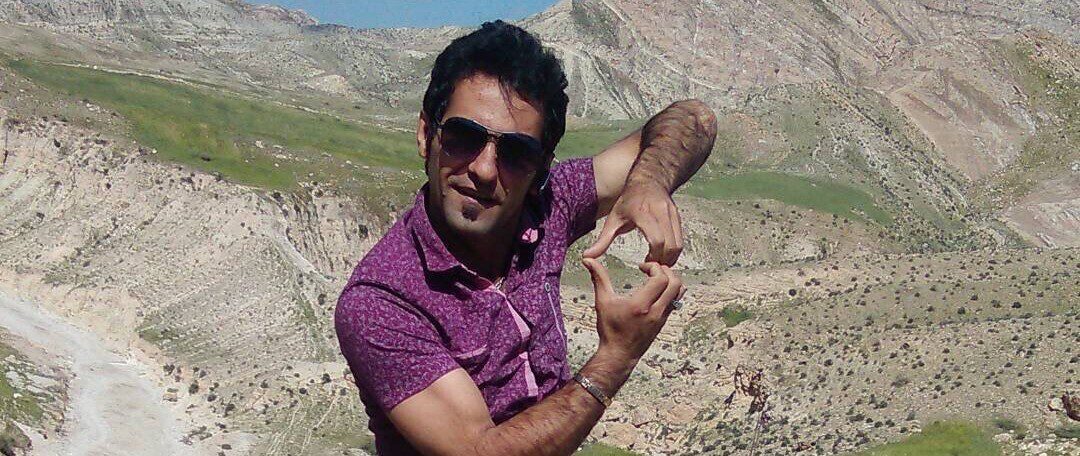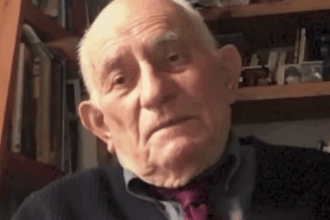Responding to the Iranian authorities’ use of a guillotine machine to amputate the fingers of three men in Urumieh Central Prison on 30 July as corporal punishment imposed after a grossly unfair, torture-tainted trial, Hussein Baoumi, Deputy Regional Director for the Middle East and North Africa at Amnesty International, said:
“The amputations carried out on Hadi Rostami, Mehdi Sharafian and Mehdi Shahivand are a stark reminder of Iran’s prolific use of corporal punishment and the inhumanity of a justice system that legalizes brutality. Amputation constitutes torture, which is a crime under international law, and is a flagrant and abhorrent assault on human dignity. For six years, these men lived in a waking nightmare, knowing the authorities could at any moment irreversibly mutilate their bodies with a judicial seal.
We call on the Iranian authorities to immediately halt all further plans to carry out such cruel and inhuman sentences and urgently abolish all forms of corporal punishment in law and practice including flogging and blinding.
Hussein Baoumi, Deputy Regional Director for the Middle East and North Africa at Amnesty International.
“We call on the Iranian authorities to immediately halt all further plans to carry out such cruel and inhuman sentences and urgently abolish all forms of corporal punishment in law and practice including flogging and blinding. They must provide these three men full reparations, including compensation, rehabilitation, medical and psychological care, and social and legal services, and guarantees of non-repetition.
“Iran’s judicial system is a vital cog in the machinery of torture. With systematic impunity in Iran, these unspeakably cruel punishments will be repeated unless the international community takes sustained action to bring an end to the Iranian authorities’ crimes. We call on all states to forcefully condemn this crime of torture and do everything in their power to pressure the Iranian authorities to immediately abolish corporal punishments. We further urge states to exercise universal jurisdiction to investigate and prosecute Iranian officials suspected of criminal responsibility for such crimes under international law.”
Background
At 10pm on 30 July 2025, prison authorities at Urumieh Central Prison, West Azerbaijan province, transferred Hadi Rostami (38), Mehdi Sharafian (42), and Mehdi Shahivand (29) to the office for the implementation of sentences to carry out their amputations. Blindfolded, handcuffed and shackled, the men had four fingers on their right hands amputated by 12am. Prison authorities used a guillotine machine to cut off the men’s fingers in the presence of senior prison and prosecution officials whose names are on record with Amnesty International. The prison authorities briefly took the men to a medical clinic to have their fingers stitched and bandaged before returning them to prison where the specialist physical and mental healthcare they urgently require is unavailable.
The authorities denied the men access to lawyers before their trial and used forced “confessions” which the men said were obtained under torture and other ill-treatment, including beatings, flogging, rape threats, and being hung from their wrists and feet, to convict them. Hadi Rostami was never allowed access to a lawyer, even at trial.
Iran is among a handful of countries in the world that retains corporal punishments. The Iranian authorities have carried out amputation sentences of multiple other prisoners in recent years. Amnesty International knows of two other men – Kasra Karami and Morteza Esmaeilian – who are currently under finger-amputation sentences in Urumieh Central prison, West Azerbaijan province, and Tabriz prison, East Azerbaijan province, respectively. Scores of others are also at risk.
To read more about the cases of Hadi Rostami, Mehdi Sharafian, and Mehdi Shahivand, see this Urgent Action.













